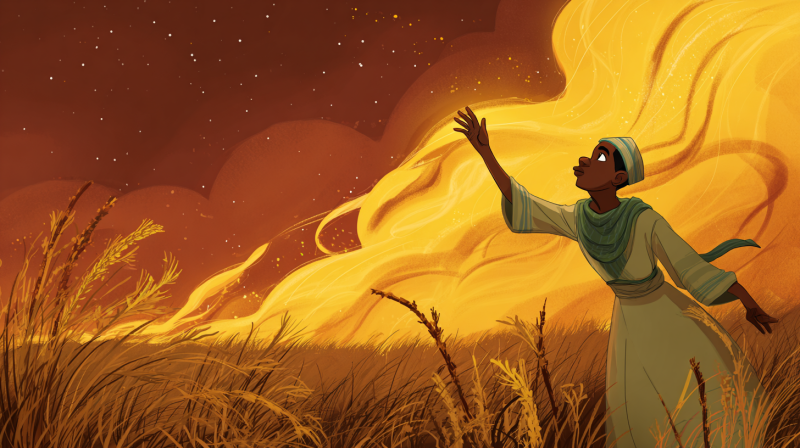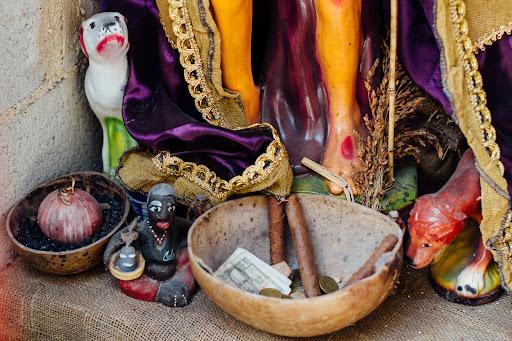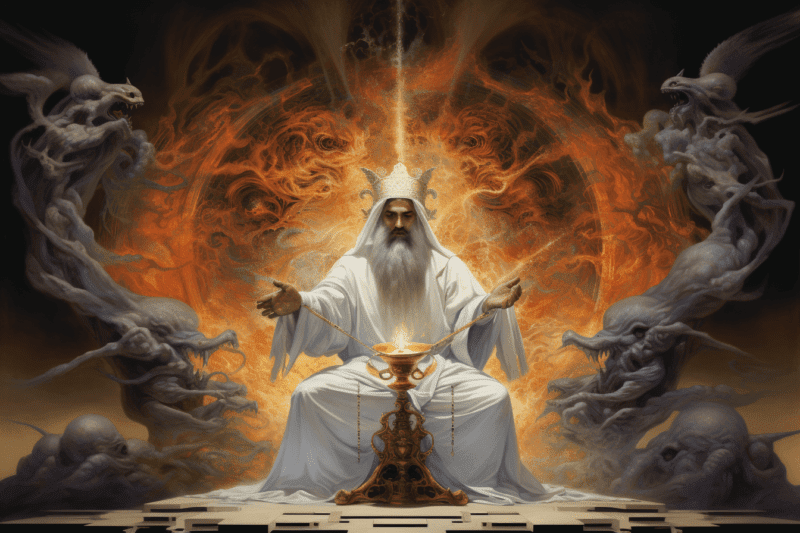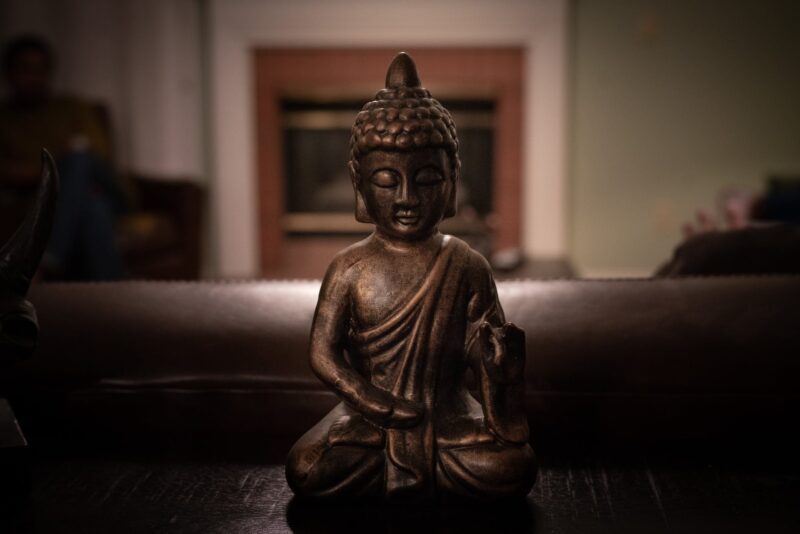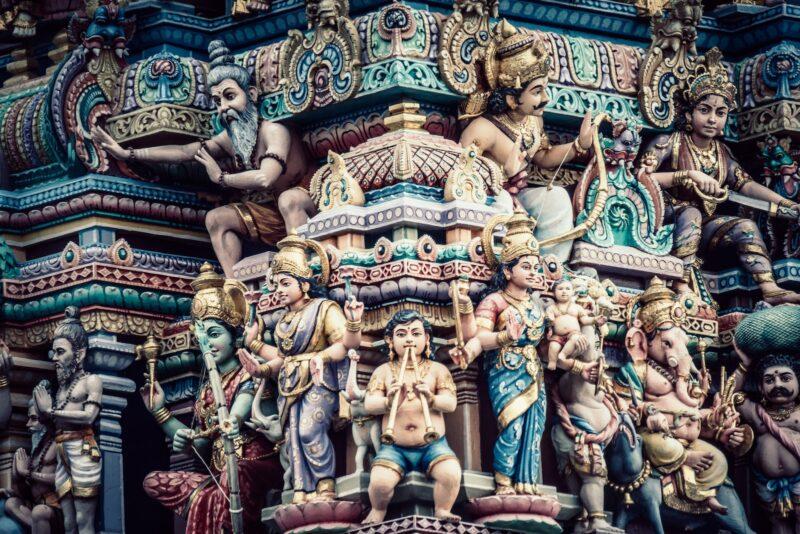If you’ve started your journey to find your truth, this article will introduce you to Ifa, one of Africa’s oldest and most comprehensive traditional religions.
Ifa, also known as the Yoruba religion, has adapted to different spiritual systems and cultures to persist into modern times. It’s worth noting that Yorubaland was home to the largest number of Africans enslaved and transported to the Americas. Their culture revolves around gods and deities. They revere Olodumare and Orunla, the primordial deities.
Yoruba religion is a monotheistic religion with a deity pantheon. The Yoruba religion’s gods and deities are known as Orishas. They are believed to have control over certain aspects of human life as well as the natural world. To placate the Orishas, a variety of religious rites and ceremonies, such as Santeria and Candomblé, might be performed.
When Yoruba slaves in Cuba were compelled to convert to Roman Catholicism, Ifa adapted to become Santera, also known as Regla de Ocha, La Regla de Ifá, or Lucum. The orishas, who are divine spiritual entities in the Yoruba religion, were still revered as saints. In reality, the word Santera is a Spanish word that means “saints’ adoration.”
When Dahomean, Kongo, Yoruba, and other African cultures were brought to Haiti as slaves, Ifa survived by combining traditional African religion with Christianity to become Voudou.
Much of the Yoruba way of life was preserved in Bahia and other parts of Brazil. Many Yoruba terms are employed in Candomblé, an Afro-Brazilian religion that means “dance in honor of the gods” in Portuguese.
Basic Beliefs:
According to traditional Yoruba beliefs, everyone experiences Ayanmo, often known as destiny or fate. As part of this, everyone is expected to finally achieve the state of Olodumare, which is becoming one with the divine creator, who is the source of all energy. In the Yoruba religious belief system, life and death are a continual cycle of existence in many bodies, in Ayé—the physical realm—as the spirit progresses towards transcendence.
Olodumare is the name of the divine, supreme deity who is the creator of all things, as well as a spiritual state. Olodumare, also known as Olorun, is a strong character who is not gender-constrained. When mentioning Olodumare, the pronoun “they” is usually used because he doesn’t usually engage in mortal concerns. If someone seeks to connect with Olodumare, they must first beg the orishas to intervene for them.
The Creation Story
In the Yoruba faith, Olorun dwelt in the sky with the orishas, and the goddess Olokun ruled over all of the water below. Obatala, another being, requested permission from Olorun to construct dry land for other creatures to reside on. Obatala took a bag and put a sand-filled snail shell, a white hen, a black cat, and a palm nut inside. He slung the sack over his shoulder and proceeded to descend from heaven on a long gold chain. When he ran out of the chain, he dumped the sand beneath him and let the hens loose, who began pecking at the sand and spreading it around to form the hills and valleys.
He then planted the palm nut, which grew into a tree and reproduced, and Obatala created wine out of the nuts. Obatala became bored and lonely one day after drinking a little palm wine, so he fashioned animals out of clay, many of which were faulty and imperfect. In his drunken state, he begged Olorun to breathe life into the figures, and thus humanity was born.
Finally, the Yoruba religion makes mention of Ashe, a powerful life force that is present in both human and supernatural beings. Ashe is the energy found in all natural things, such as rain, thunder, and blood. It is analogous to the concept of the Chi in Asian spirituality or the chakras in Hindu mythology.

